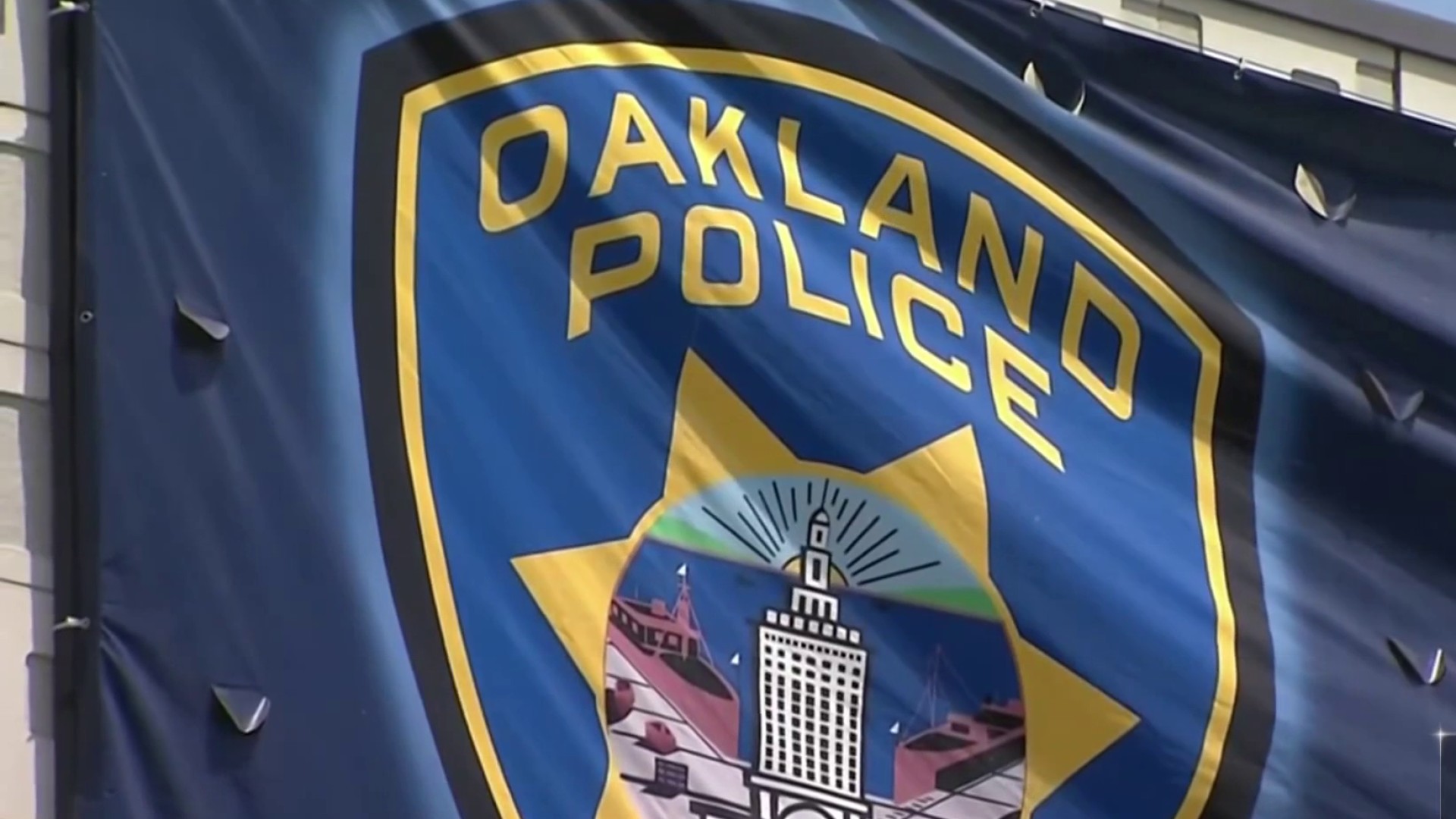The union representing scores of workers at the San Francisco Zoo says management is spying on employees' private conversations — but the zoo says its radio monitoring system was put in place for medical emergencies and denied the eavesdropping claims. Still, the executive director vowed to swiftly investigate the spying allegations.
The controversy traces back to 2007, when the zoo was thrust into the international spotlight after a deadly Christmas tiger mauling. That tragedy led the zoo eventually to the CommUSA radios under scrutiny, the union says.
After the Teamsters local accused the zoo of eavesdropping on worker conversations, the zoo issued a statement late Wednesday saying that the monitoring technology was disabled. California has a two-party consent law that makes it illegal to record or eavesdrop on private conversations without the consent of all parties.
Tim Jenkins, a spokesman for the Teamsters 856 in San Bruno, acknowledged in an interview with NBC Bay Area Thursday morning that his union's discovery is "really odd." His union represents about 100 workers at the zoo, including zookeepers, maintenance workers, custodians, tree trimmers and guest services workers.
"Our members are outraged," he said. "They've been thinking back about every conversation they've had with their co-workers about heath, spouses. We feel this is a huge invasion of privacy."
Jenkins laid out these allegations: Some time in the recent past, a zoo employee heard the zoo's vice president of operations Robert Icard eavesdropping on a manager and laughing about him with others in his office. "They were making fun, poking fun at him, laughing at him," Jenkins said. "And this manager was so offended he reached out to one of our union stewards and said, 'You need to know what's going on.' We were shocked and a little surprised."
Both he and the zoo's executive director have this radio technology installed on their devices turning them, essentially, into "bugs," Jenkins said. He said union members went to the zoo's management representative to confront zoo leaders about this last week.
Local
Executive Director Tanya Peterson acknowledged the radios have these listening capabilities. But she called the union’s “eavesdropping” suggestion “false,” in a statement the zoo sent out late Wednesday.
"Zoo management has no interest in monitoring conversations of its employees,” Peterson said in her statement. “Safety is a top priority for the zoo, and this new radio system was installed to ensure zoo employees are working in the safest possible environment. Emergency monitoring on the zoo's new radio system was a vendor feature designed to assist with medical and safety emergencies. When I was made aware of the radio's capabilities, this feature was disabled."
In a followup interview with Peterson on Thursday morning, she said that with the Teamsters' "blessing and urging," the zoo bought the "best radio system it could," which has GPS tracking to locate injured employees quickly. She added she cautioned the employees that there were privacy tradeoffs. She said she disabled her remote monitoring capability in January.
She said after she was made aware of the allegations, she had the zoo's attorney begin examining the facts and interviewing people involved and taking the spying claims seriously. "I hope this is just a misunderstanding," she said.
The union also has hired an attorney.
The radios in question were bought as a result of the highly publicized 2007 tiger attack on Christmas, where Tatiana the tiger jumped out of her grotto, injured two brothers and killed 17-year-old Carlos Eduardo Sousa Jr. of San Jose.
Not only was the zoo criticized for not having a high enough enclosure, but employees complained the panic buttons at the zoo didn't work properly.
That led to the purchase of the new radios in question, put in place in May or June of 2014, Jenkins said.
There is one thing the zoo management and employees can agree on. As Peterson put it, the "complicated relationship" is "strained at the moment."
Jenkins described the relations as "horrible," and that the union's eavesdropping claim is not likely to mend any rift between the two sides.
But he insisted the troubles aren't over money, as the union and management have just signed a 4-year contract and are not in negotiations. He said the divide is over the "culture" at the zoo.
"It's almost a paramilitary culture there," Jenkins said. "All decisions come from the top. If you question them, you're on the outs."



